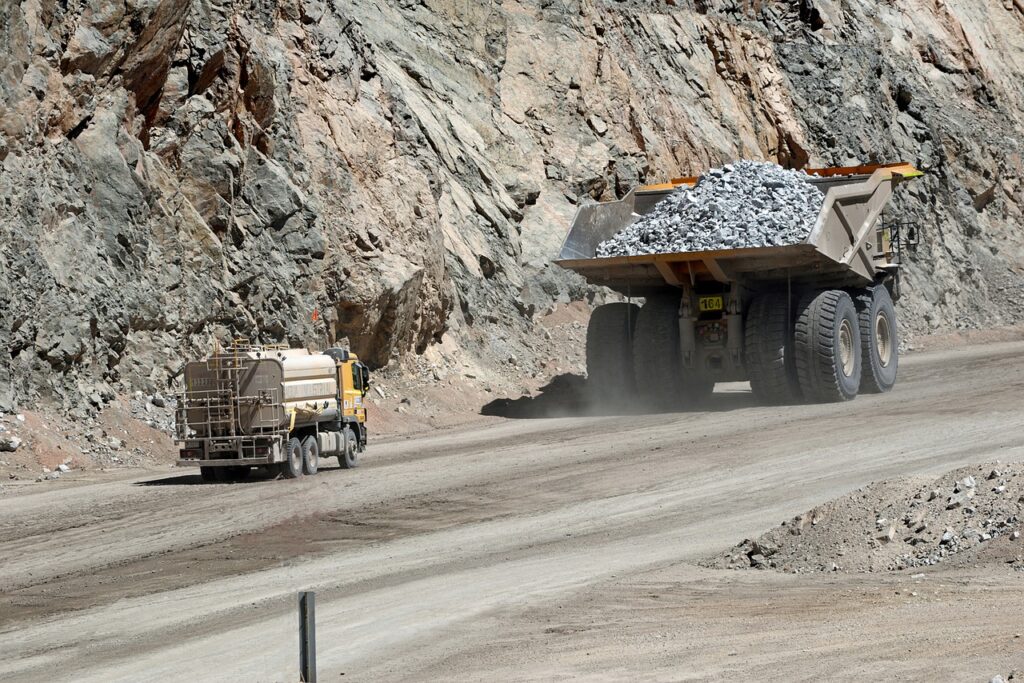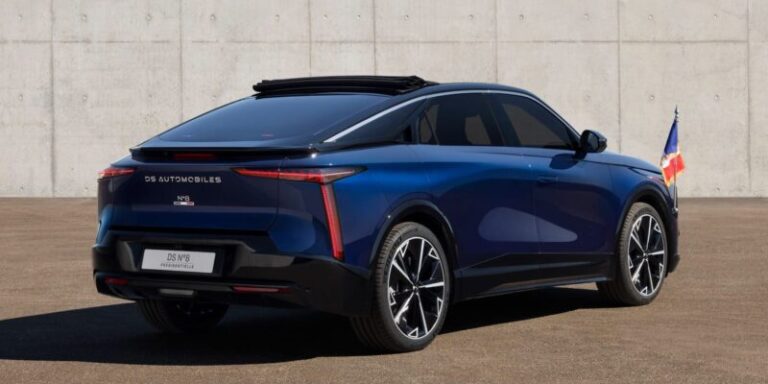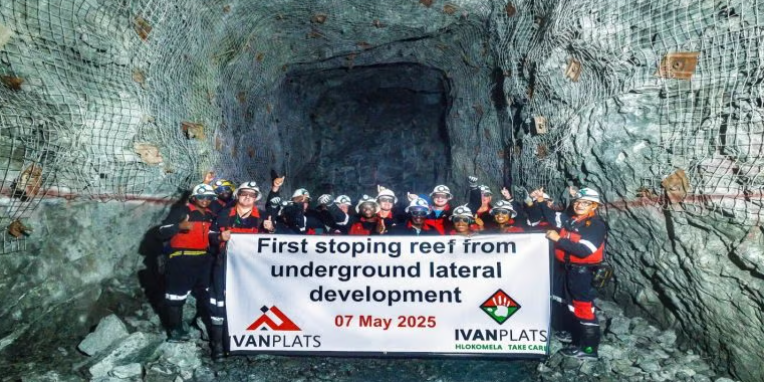
In a prolonged dispute over the vast lithium deposit in the Democratic Republic of Congo, China’s Zijin Mining Group Co. has announced a new partnership to develop a section of the site.
Zijin revealed its collaboration with state-owned Cominiere for the exploration of a recently designated permit area located in the southeastern town of Manono.
However, AVZ Minerals Ltd. from Australia claims that the area encompassed by the new permit belongs to them, adding a fresh layer of complexity to the ongoing dispute.
The Manono lithium deposit has become a focal point in the global competition for green-energy minerals.
Congo aims to utilize its lithium resources and extensive cobalt reserves to eventually manufacture electric vehicle batteries.
The United States has expressed its support for this endeavor, aiming to reduce Chinese dominance in manufacturing and mineral processing.
AVZ Minerals is actively working to assert its claim by engaging with relevant Congolese government agencies and pursuing various arbitration proceedings.
The company is involved in multiple arbitration cases at the International Chamber of Commerce in Paris, including disputes with a Zijin subsidiary and Cominiere over rights to the Manono lithium permits.
The Congolese Ministry of Mines has yet to respond to inquiries on this matter. Official mining permit documentation in the country now includes the Zijin-Cominiere joint venture, named Manono Lithium, holding an exploration permit granted on October 19.
Zijin reported that its subsidiary, Jinxiang Lithium Ltd., owns a 61% stake in the project, with Cominiere holding the remaining portion.
The permit was established by subdividing the northeastern segment of the permit previously held by AVZ, a claim the Australian company still maintains.
As part of the agreement, Manono Lithium has committed $70 million to support humanitarian relief efforts in the northeastern and eastern regions of the Democratic Republic of Congo, where millions of people are displaced due to ongoing conflicts.
Zijin also secured the rights to renovate the dormant Mpiana-Mwanga hydropower station, ensuring a power source for the project.





